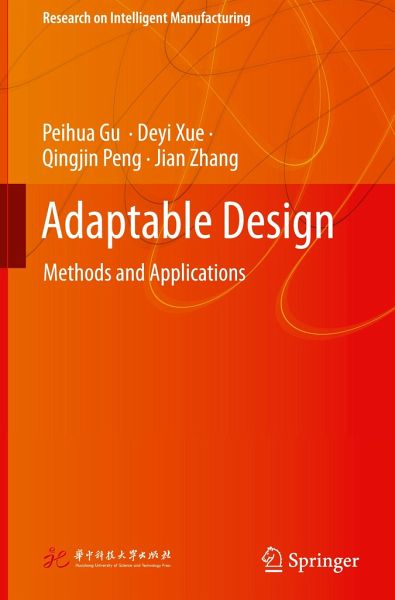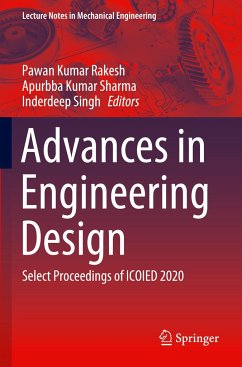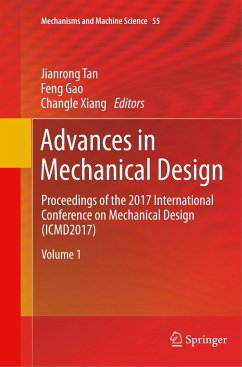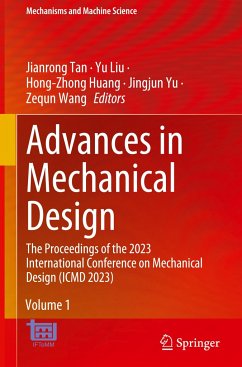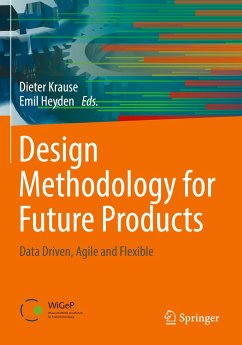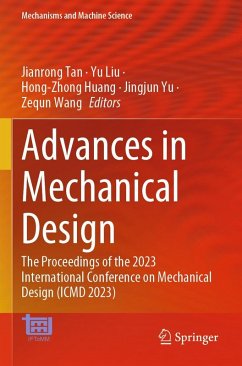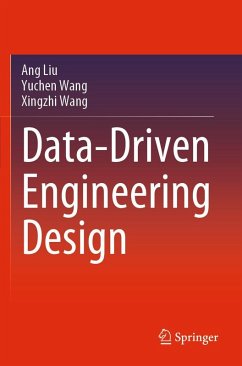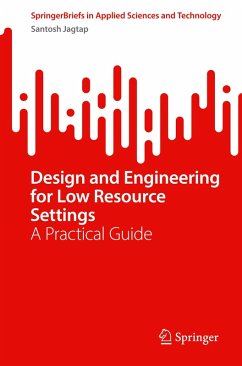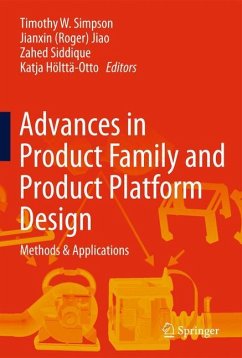Peihua Gu is currently President of International Institute for Innovative Design and Intelligent Manufacturing and Professor at School of Mechanical Engineering, Tianjin University. Prior to returning to China in 2005, he was Professor and Head of the Department of Mechanical and Manufacturing Engineering, the University of Calgary, Canada. Professor Gu is Elected Fellow of Canadian Academy of Engineering and Fellow of CIRP. He was awarded Changjiang Scholar by Ministry of Education China in 2005 and was twice awarded Industrial Research and Design Chair by the Natural Science and Engineering Research Council of Canada (NSERC). He received various awards and honors in recognizing his contributions in research and education. He has published over 300 technical publications in design and intelligent manufacturing. Professor Gu has been included in the highly cited Chinses scholar by ELSEVIER and listed in the world's top 2% scientists by Stanford University. Professor Gu received hisPh.D. from McMaster University, Canada, and M.Sc. and B.Eng. (Dip.) from Tianjin University China. Deyi Xue is currently Full Professor at the Department of Mechanical and Manufacturing Engineering, University of Calgary, Canada. Deyi Xue received his Ph.D. and M.Sc. degrees from the Department of Precision Machinery Engineering, University of Tokyo, in 1992 and 1989, respectively, and his B.Sc. degree from the Department of Precision Instrumentation Engineering, Tianjin University, in 1985. He worked at University of Calgary as Assistant Professor in 1995-2000, Associate Professor in 2000-2007, and Full Professor since 2007. Deyi Xue's research is primarily in the areas of computer-based design and manufacturing. His research has been supported by many granting agencies including Natural Science and Engineering Research Council (NSERC) of Canada through its Discovery Grant program, Strategic Project program, Strategic Network Grant program, and other federal and provincialgovernment agencies, and industries. He has published over 200 research papers, including over 100 papers in refereed journals. He has been selected as one of the world's top 2% scientists by Stanford University. He is Editorial Board Member of three international journals: Advanced Engineering Informatics, Research in Engineering Design, and Journal of Engineering Design. He serves as Reviewer for over 30 international journals. He also worked as Chair and Member of program/organizing committees for over 50 international conferences. Qingjin Peng is a full Professor in the Department of Mechanical Engineering at University of Manitoba, Canada. His research areas include digital manufacturing, design for product assembly and sustainability, design for personalization, modelling and simulation of manufacturing and healthcare systems. Dr. Peng has received research grants from various funding agencies including Federal Government of Canada, Province of Manitoba, University and Industries. He has published over 300 refereed papers in international journals and conferences. Dr. Peng has served as committee members for many organizations and conferences including Natural Sciences and Engineering Research Council of Canada, the Chair of Design for Manufacturing Committee in the American Society of Mechanical Engineers (ASME), Chairs/Co-Chairs of ASME/DFMLC and CAD conferences. He has been a director of the VR research center at UM for 20 years. He is a registered Professional Engineer in Manitoba. Jian Zhang is currently a full Professor at the Department of Mechanical Engineering, College of Engineering, Shantou University, China. Dr. Zhang received his PhD degree from the Department of Mechanical and Manufacturing Engineering, University of Calgary in 2014. He worked at Shantou University as a Lecturer in 2014-2015, an Associate Professor in 2015-2020, and a Full Professor since 2020. His main research interests include design theory and methodology, adaptable design, intelligent design decision-making, robust design, and application of design technologies in electric vehicle, consumer goods, light industrial equipment, etc. He has published over 80 technical papers in refereed journals and conferences.
